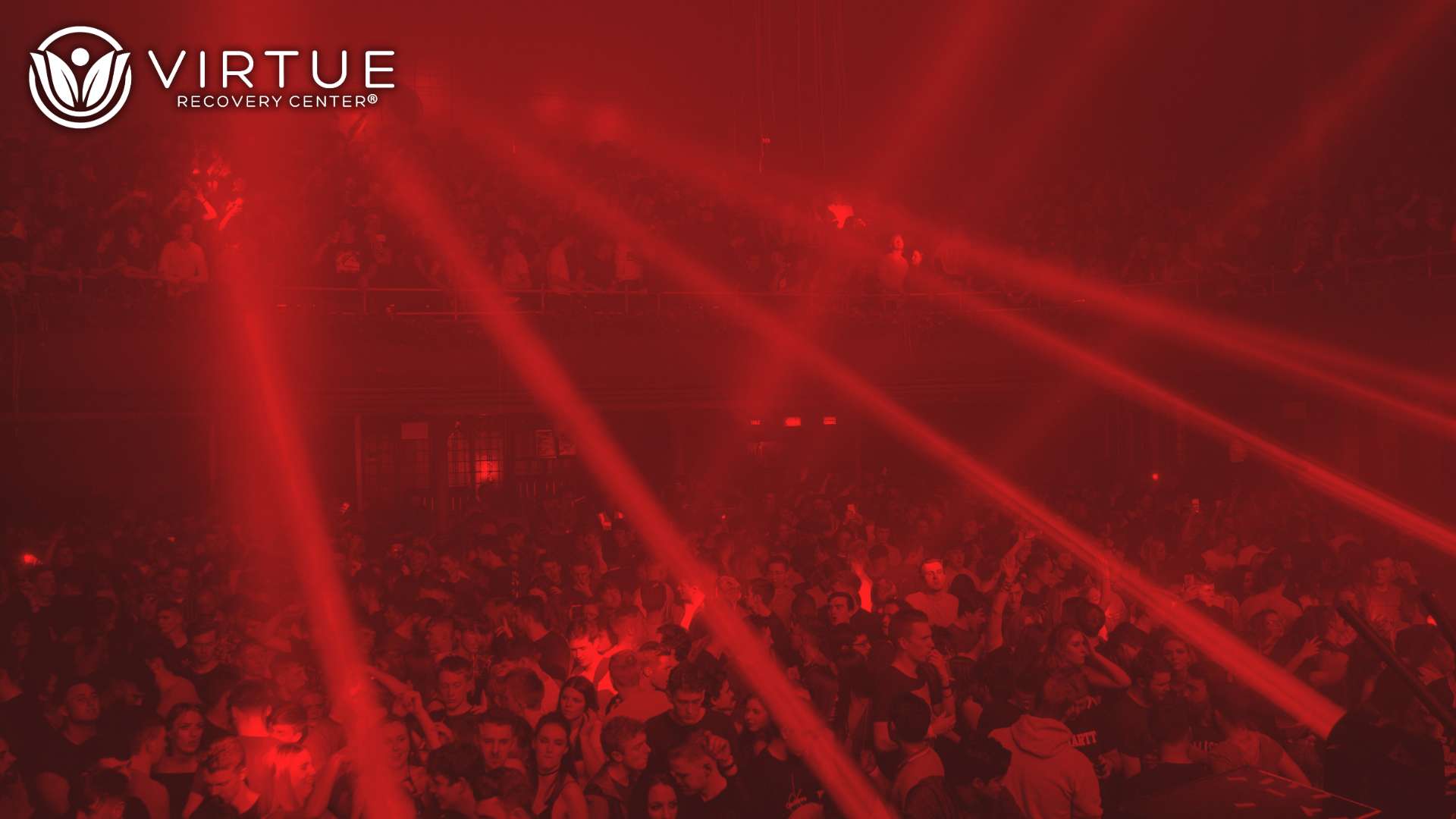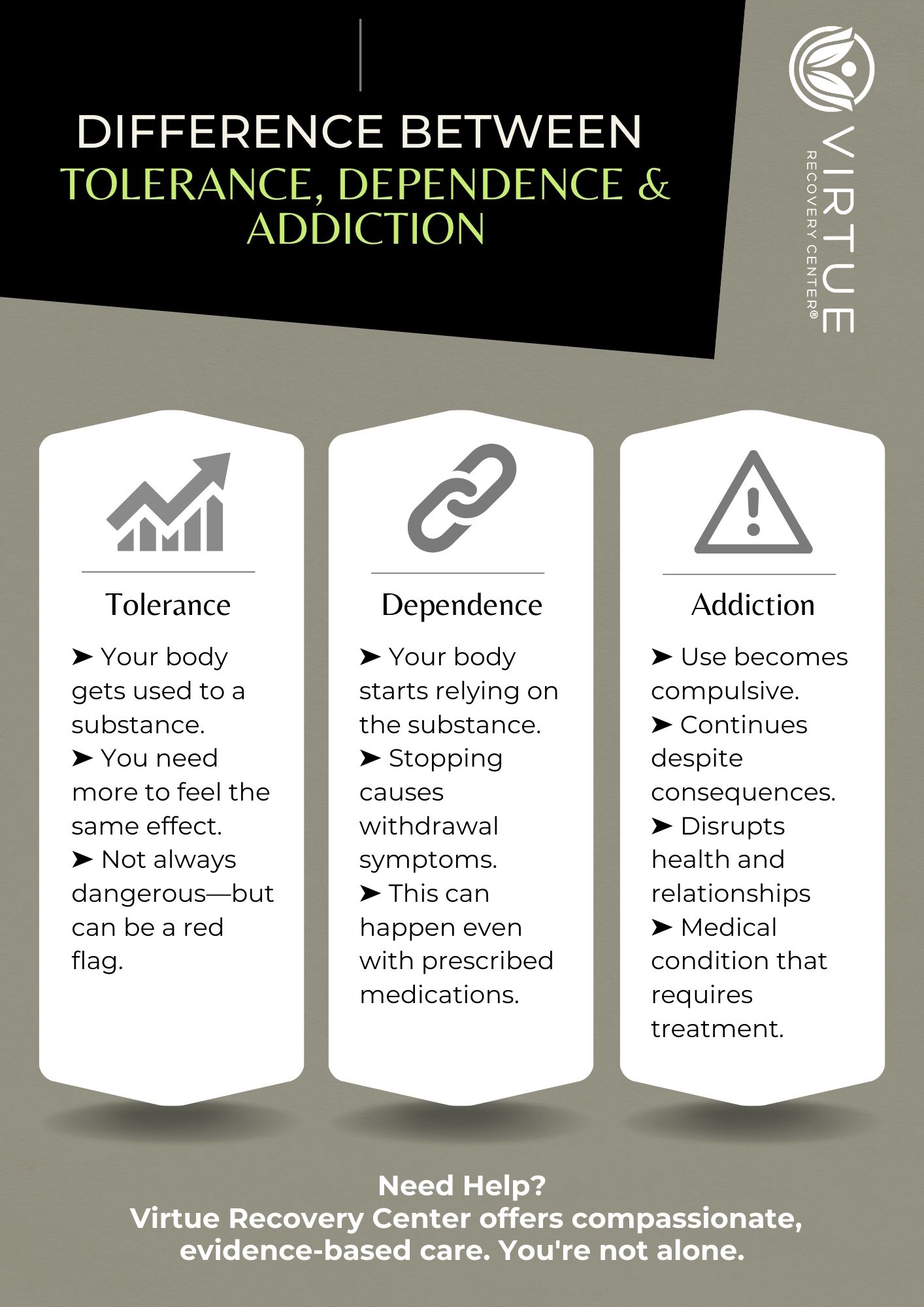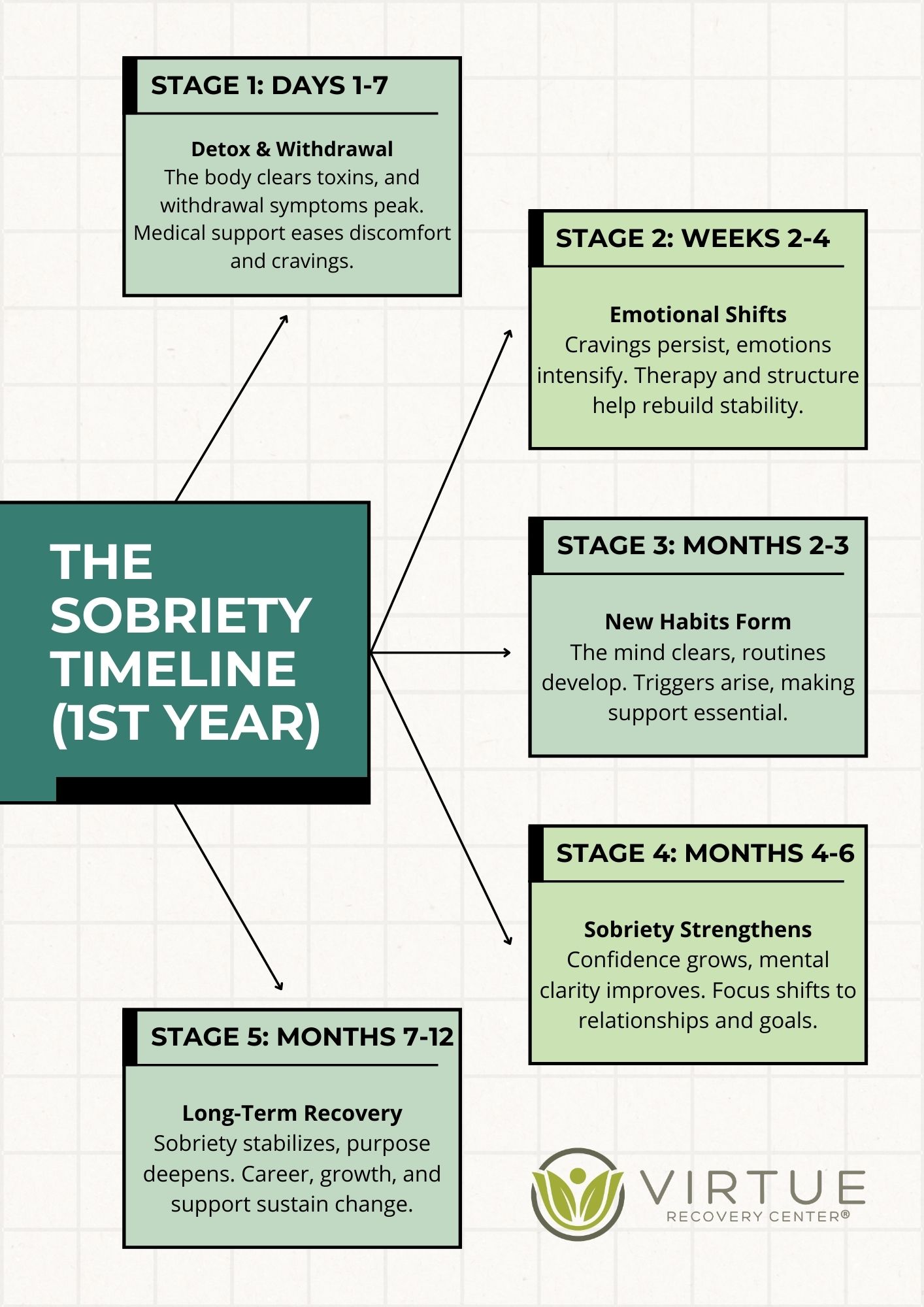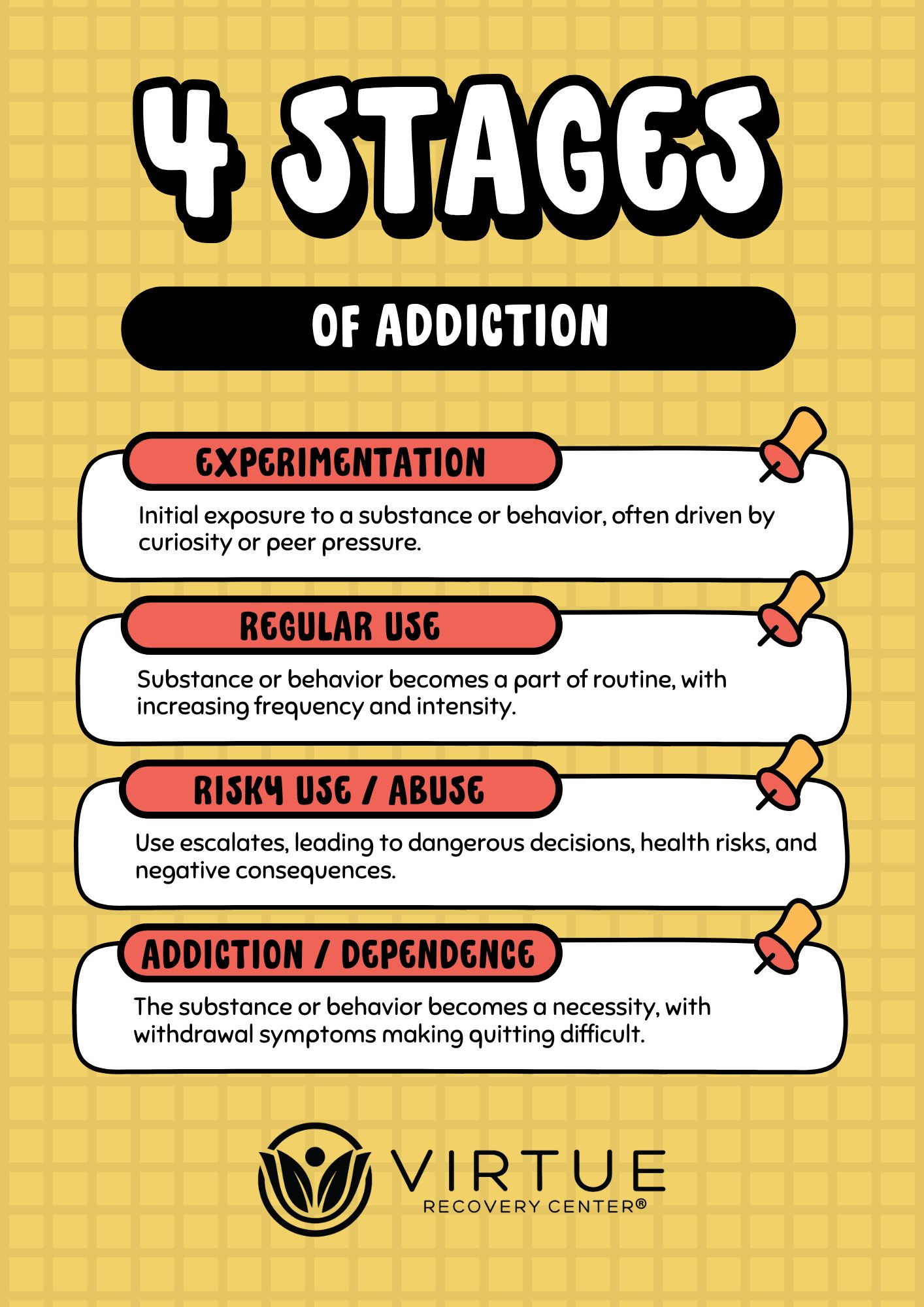Heroin Addiction Treatment at Virtue Recovery Las Vegas
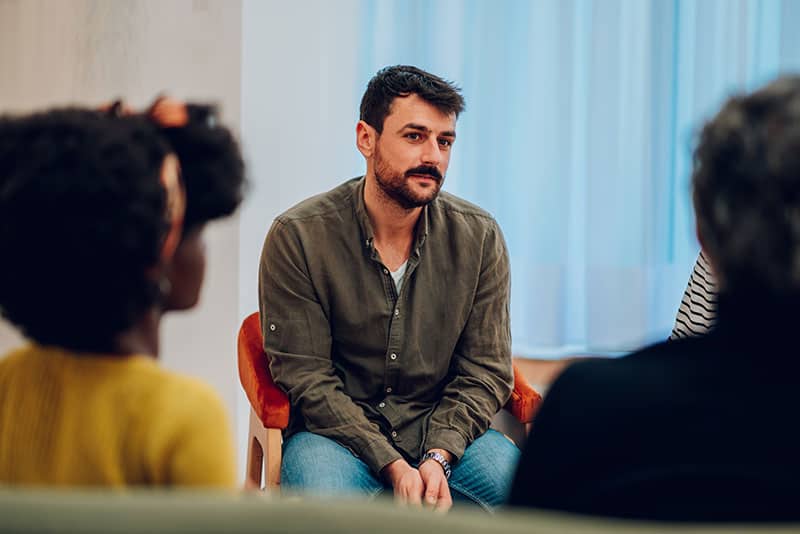 Virtue Recovery Las Vegas is a reliable provider of substance abuse treatment programs in Nevada. We offer heroin addiction rehab to help individuals who are struggling with addiction. Our team consists of licensed professionals committed to providing top-notch and compassionate care to help clients achieve long-term sobriety.
Virtue Recovery Las Vegas is a reliable provider of substance abuse treatment programs in Nevada. We offer heroin addiction rehab to help individuals who are struggling with addiction. Our team consists of licensed professionals committed to providing top-notch and compassionate care to help clients achieve long-term sobriety.
To help yourself or someone you know, contact Virtue Recovery Las Vegas at 866.520.2861. We can tell you more about our substance abuse treatment programs and get you started toward a brighter future.
What is Heroin Addiction & Abuse?
Heroin is a highly addictive opioid derived from morphine, a natural substance extracted from the seed pods of opium poppy plants. It is commonly found in powder or tar-like forms and is often injected, snorted, or smoked. Heroin abuse creates a powerful euphoric high, but it comes at the cost of severe physical and psychological dependence.
Heroin addiction develops when someone repeatedly uses the drug, becoming reliant on its effects to feel “normal.” This addiction affects the brain’s reward system, flooding it with dopamine, which creates intense cravings and compulsive drug-seeking behavior. Over time, the user develops a tolerance, needing larger amounts to achieve the same high.
Abuse of heroin doesn’t just affect the user’s body—it damages relationships, careers, and overall well-being. Many people turn to heroin as a cheaper or more accessible alternative to prescription opioids, unaware of the immense danger it poses. Without treatment, heroin addiction can lead to devastating consequences, including overdose and death.
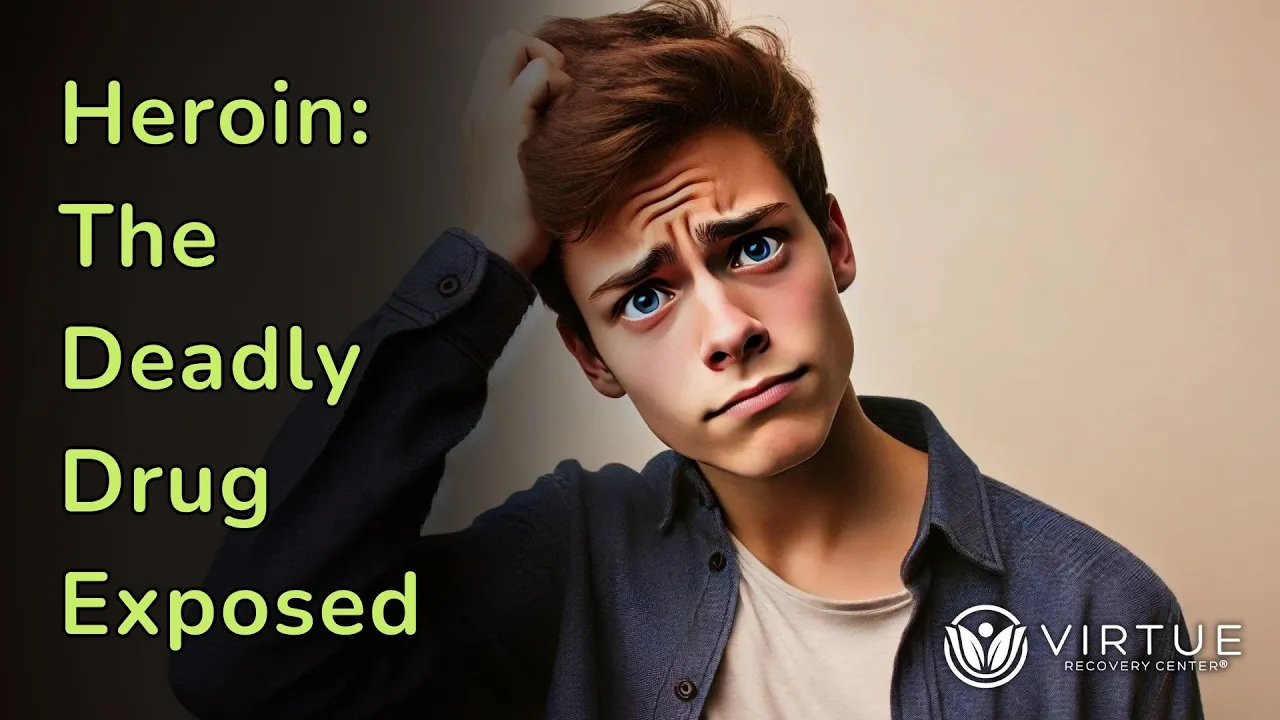
How Does Heroin Addiction Develop?
Heroin addiction typically begins with experimentation, often as a way to cope with physical pain, emotional stress, or mental health issues. Some individuals start with prescription painkillers and turn to heroin when those medications become unavailable or unaffordable.
Heroin quickly rewires the brain’s reward system, releasing large amounts of dopamine that create a sense of euphoria. Over time, the brain stops producing dopamine naturally, leaving the user dependent on heroin to feel any pleasure or relief.
This dependency evolves into tolerance, where higher doses are required to achieve the same effects. Withdrawal symptoms like nausea, muscle aches, and anxiety make it difficult to quit without help, trapping users in a cycle of abuse. Environmental factors, such as peer pressure or exposure to trauma, can further accelerate addiction.
What Are The Dangers of Heroin Abuse?
The dangers of heroin abuse are extensive, affecting every aspect of an individual’s life. Physically, heroin abuse causes severe damage to the body. Chronic use can lead to collapsed veins, infections of the heart lining, liver or kidney disease, and respiratory problems. Sharing needles increases the risk of life-threatening diseases like HIV and hepatitis.
One of the most alarming risks of heroin abuse is overdose, which can occur from even a small amount of the drug. Heroin depresses the central nervous system, slowing breathing and heart rate to dangerous levels. Without immediate medical intervention, overdose can result in coma or death.
Psychologically, heroin abuse often leads to depression, anxiety, and cognitive impairments. It isolates users from loved ones, damages relationships, and disrupts daily responsibilities, such as work or school. Financial difficulties, legal issues, and social stigma are common consequences of heroin addiction.
These risks highlight the importance of seeking professional treatment to break free from heroin’s grip and rebuild a healthier, more fulfilling life.
Our Heroin Abuse Treatment Program
The heroin addiction treatment program at Virtue Recovery Las Vegas use evidence-based solutions to tackle the underlying issues behind addiction. We assist individuals in learning healthy coping methods for long-term recovery. Our range of heroin addiction services includes:
- Detox – The first step of treatment is medical detoxification, which involves a supervised withdrawal process to ensure safety and comfort.
- Co-occurring treatment – We treat individuals with addiction and other mental health issues. Our approach includes addressing both conditions simultaneously.
- Relapse prevention planning or aftercare planning – We assist clients in developing customized plans for preventing relapse by pinpointing possible triggers and creating strategies to uphold sobriety.
- Individual therapy – Our licensed therapists will provide individualized treatment to help clients identify and address the root causes of their behavior.
- Group counseling – Structured group sessions focus on topics related to addiction recovery for clients to participate in.
Virtue Recovery Las Vegas offers a heroin addiction treatment program tailored to each individual’s unique needs and situation. Our evidence-based, trauma-informed treatments can assist individuals in their recovery journey.
What to Expect From Heroin Addiction Treatment
Heroin addiction treatment at Virtue Recovery Las Vegas is a comprehensive and personalized process designed to address both the physical and emotional aspects of addiction. Treatment begins with medically supervised detox, where clients are supported through withdrawal symptoms like nausea, muscle pain, and cravings. Our medical team ensures the process is as safe and comfortable as possible.
After detox, clients transition into therapy and counseling. Individual therapy, such as Cognitive Behavioral Therapy (CBT), helps identify the root causes of addiction and develop healthier coping strategies. Group therapy fosters peer support and connection, while family therapy works to rebuild trust and communication with loved ones.
Holistic therapies like yoga, mindfulness, and fitness programs are integrated into the treatment plan to promote overall well-being. These therapies help clients manage stress, rebuild self-esteem, and create healthy routines.
Our treatment programs also emphasize relapse prevention, equipping clients with the tools they need to recognize triggers, manage cravings, and maintain long-term sobriety. Upon completing the program, clients receive a personalized aftercare plan that includes ongoing therapy, alumni support, and access to recovery resources.
Find a Heroin Addiction Rehab Program at Virtue Recovery Las Vegas
If you or someone you care about is facing heroin addiction, get help immediately. Virtue Recovery Las Vegas offers top-notch rehab services for heroin addiction in Las Vegas. Contact us at 866.520.2861 today to discover our extensive services and start your journey toward recovery.
FAQs for Heroin Addiction Treatment
Heroin addiction treatment is a structured program aimed at helping individuals overcome dependence on heroin. It involves a combination of medical detox, therapy, medication-assisted treatment, and support to address the physical and psychological aspects of addiction.
Treatment options include inpatient and outpatient programs, medical detox, medication-assisted treatment (MAT) with medications like methadone and buprenorphine, cognitive-behavioral therapy (CBT), and support groups.
The duration of treatment varies depending on individual needs and the severity of the addiction but typically ranges from 30 to 90 days, with ongoing support recommended for long-term recovery.
MAT uses medications such as methadone, buprenorphine, and naltrexone to reduce cravings and withdrawal symptoms, helping individuals maintain sobriety while participating in counseling and therapy.
Signs include compulsive drug use, withdrawal symptoms, neglect of responsibilities, changes in behavior or physical health, and unsuccessful attempts to quit.
Yes, outpatient treatment is available for those with mild to moderate addiction, allowing individuals to receive therapy and support while living at home and maintaining daily responsibilities.
Therapy helps individuals identify the root causes of their addiction, develop coping strategies, and change negative thought patterns and behaviors. It often includes cognitive-behavioral therapy (CBT) and group therapy.
Many insurance plans cover heroin addiction treatment, but coverage varies depending on the provider and plan. It’s important to verify your coverage with your insurance company.
Medical detox involves safely managing withdrawal symptoms under medical supervision as the body clears heroin from its system, providing a stable foundation for further treatment.
After completing treatment, individuals are encouraged to engage in aftercare programs such as support groups, outpatient therapy, and relapse prevention planning to maintain long-term sobriety and prevent relapse.
Glossary of Terms for Heroin Addiction Treatment
Heroin
A highly addictive opioid drug derived from morphine is often used recreationally and associated with significant health risks, including overdose and addiction.
Opioid Use Disorder (OUD)
A medical condition characterized by the compulsive use of opioids like heroin despite negative consequences on health, relationships, or responsibilities.
Detoxification (Detox)
The process of safely removing heroin and its toxins from the body under medical supervision is often the first step in addiction treatment.
Withdrawal Symptoms
Physical and emotional symptoms that occur when someone reduces or stops heroin use include nausea, sweating, muscle pain, insomnia, and intense cravings.
Medication-Assisted Treatment (MAT)
The use of FDA-approved medications, such as methadone, buprenorphine, or naltrexone, combined with therapy to manage cravings and withdrawal symptoms.
Relapse Prevention
A set of strategies designed to help individuals recognize triggers, manage stress, and maintain long-term sobriety after completing treatment.
Dual Diagnosis
The simultaneous treatment of heroin addiction and a co-occurring mental health disorder, such as anxiety, depression, or PTSD.
Cognitive Behavioral Therapy (CBT)
An evidence-based therapy used to identify and change harmful thought patterns and behaviors contributing to heroin addiction.
Harm Reduction
A strategy focused on reducing the negative consequences of drug use, such as overdose prevention, while encouraging safer practices and access to treatment.
Trigger
An external or internal stimulus—such as stress, environment, or memories—can provoke cravings or relapse in individuals recovering from heroin addiction.
Trauma-Informed Care
An approach to treatment that considers the impact of past trauma on an individual’s addiction and ensures a safe and supportive environment for recovery.
Holistic Treatment
A comprehensive approach to recovery that addresses physical, mental, and emotional well-being through therapies like yoga, mindfulness, and fitness programs.
Overdose
A life-threatening condition is caused by consuming a toxic amount of heroin or other substances, often requiring immediate medical intervention.
Naloxone (Narcan)
A medication used to reverse opioid overdoses, often carried by first responders and made available to individuals at risk of heroin-related emergencies.
Aftercare
Ongoing support and resources are provided after completing a treatment program, including therapy, support groups, and relapse prevention planning.

